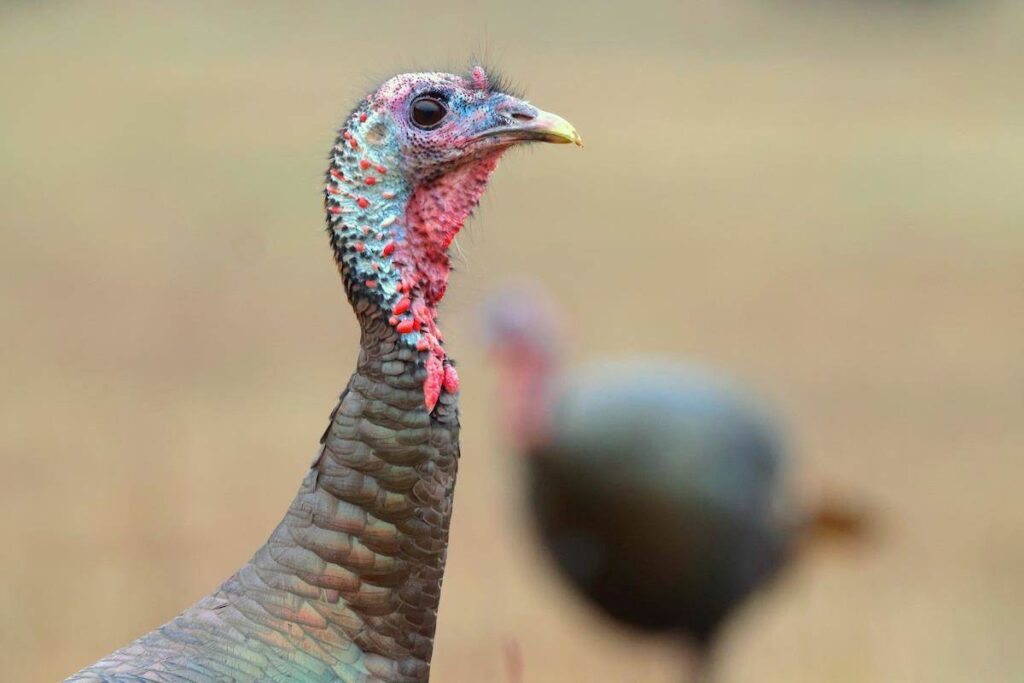
5 Things You Must Know to Catch Bass in the Winter

Author: Bass Blog
Published: November 25, 2022
A great read for bass fishers this winter season!
“Winter is the toughest time to catch bass. Full stop.
Many weekend anglers just put their boats away this time of year and opt for the vest and rifle, but if you’re committed to catching bass as we are, you see winter less as a cold, dreary time where the fish don’t bite, and more as an opportunity to learn something, and do so without much competition.
While it’s always going to be tough, understanding how bass operate in frigid temps can lead you to fish a lot quicker.
1. Bass metabolism is slow in the winter
Bass are inactive in the winter. They’re cold-blooded creatures, so they naturally do less and eat less when the cold temperatures slow their metabolism. Inactive fish are less aggressive, and when deep, tend to suspend more, which is what drives some of the main challenges of fishing in the winter.
Feeding windows this time of year are smaller and less frequent, and success can often be dependent on fishing painfully slowly and trying to entice inactive bass. It is not possible to fish too slow this time of year, and part of the process of slowing down is accepting that you’re not fishing for twenty bites.
2. Clear Water is Your Friend
Dirty, cold water is the worst set of conditions in fishing. It’s generally a good idea to target the clearest water available to you in the winter. During the coldest months when the bass’ metabolism is the lowest, you have to get your bait in front of them and keep it there as long as possible, portraying the easiest meal you possibly can. In most cases, bass, especially largemouth bass, won’t chase long distances for a meal in cold water.
Obviously, bass cannot see as well in dirty water, so keeping a bait in their line of sight for a long time is harder. Put simpler, the strike zone in those conditions is even smaller than it already is in cold water. One exception here is if muddy water is the result of a heavy, warm rain that spiked the temperature of the water. You should definitely fish there, but on a normal winter day, target clear water.
3. Don’t Fear Depth
Summer comes with a cap on how deep bass can get, as a thermocline typically forms somewhere between 15 and 30 feet on most lakes. Winter has no such limitation, so the bass can get south of 50 feet on some clear water lakes. Fish will still relate to structure, but you have to expand your search vertically as opposed to the warmer months.
Kevin Vandam has caught Smallmouth on northern lakes as deep at 85 feet. Jacob Wheeler scored a win on Lake something in Tennessee fishing in 55 feet of water. These depths would certainly be extreme on a lot of lakes, but they’ll get as deep as they need to be comfortable.”
More tips and the full article can be found here.
Photo Credit: Original Author






No Comments